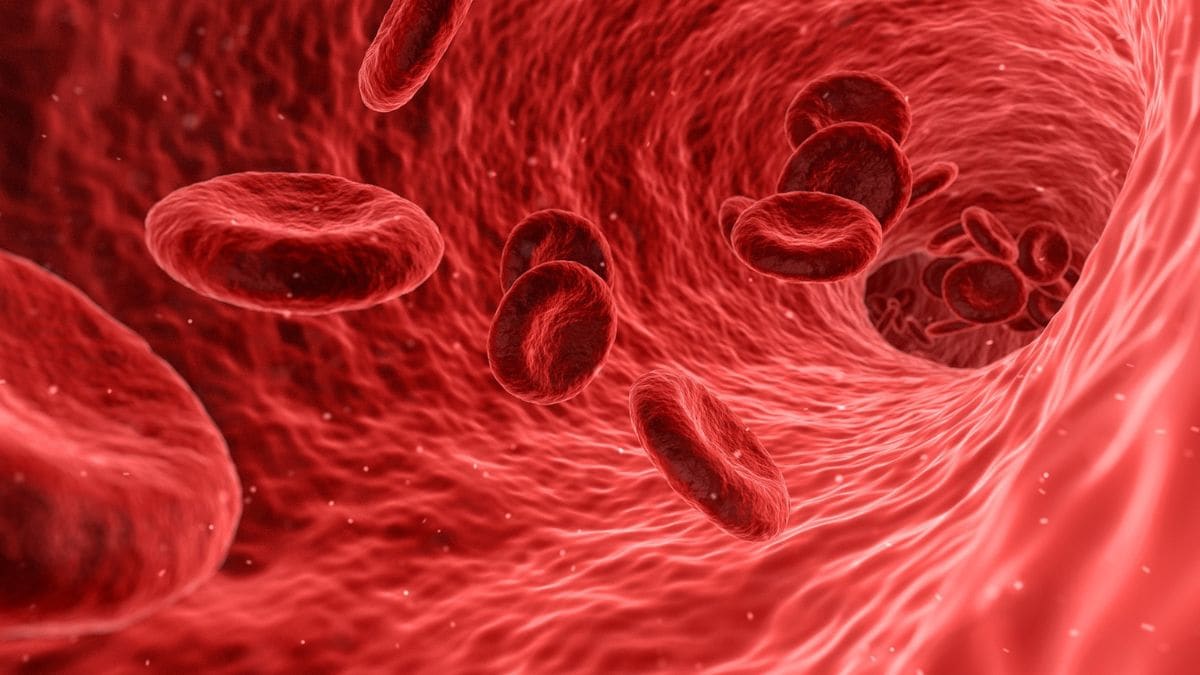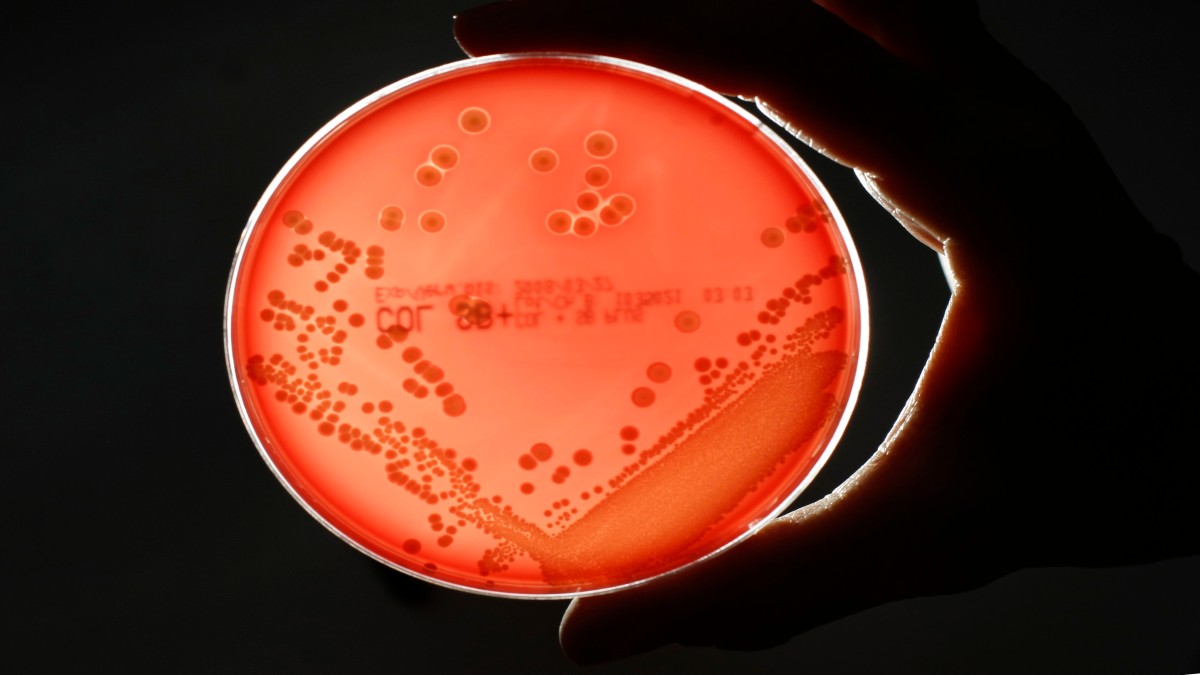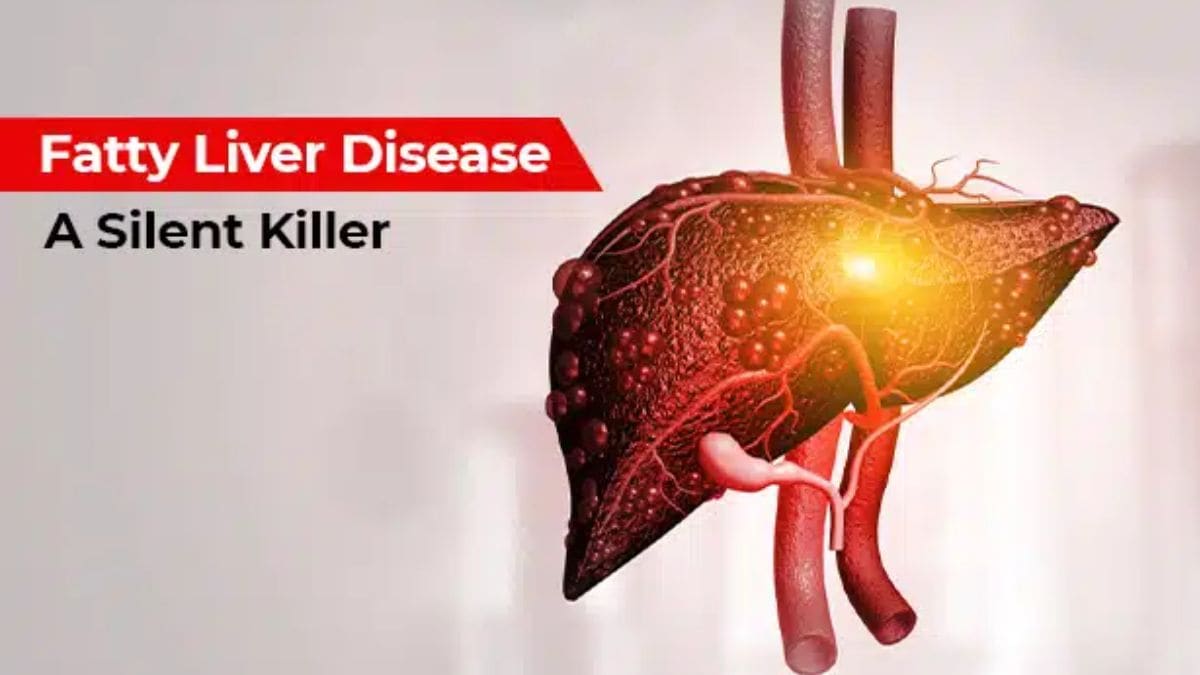A planet-friendly diet, which is mostly based on consuming veggies and fruits, is believed to be highly beneficial for humans and the Earth. A new study backs this claim by saying that it also reduces the risk of premature death by nearly one-third in people. It also dramatically reduces greenhouse gases that are choking the planet read more
)
The EAT-Lancet Commission, which is made up of 37 prominent scientists from 16 different countries, introduced the planet-friendly diet in 2019. Pixabay/Representative Image
A planet-friendly diet is believed to be highly beneficial for humans and the planet.
A new study backs this claim by saying that it also reduces the risk of premature death by nearly one-third in people.
The food plan, which is mostly based on consuming veggies and fruits, also dramatically reduces greenhouse gases that are choking the planet.
Let’s take a closer look.
What is a planet-friendly diet?
The EAT-Lancet Commission, consisting of 37 prominent scientists from 16 different countries, introduced the planet-friendly diet in 2019.
Its two main objectives were maximising human health and minimising the environmental impact of feeding billions of people.
The resulting meal plan placed a strong emphasis on consuming limited amounts of meat and dairy, along with a greater intake of whole grains, legumes, and other plant-based proteins.
People should consume fewer animal-based foods, especially processed and red meat, and a wider range of plant-based foods such as fruits, vegetables, whole grains, legumes, and nuts.
According to Moneycontrol, the diet suggests 2,500 calories a day, which is a little more than the average person’s daily intake.
However, questions have been raised over whether the diet offers enough vital nutrition, especially those that are typically present in foods derived from animals in higher concentrations and more accessible forms.
A 2023 update that includes lowering foods high in phytate and raising the percentage of foods derived from animals was suggested as a solution to these issues.
Also read: Less sugar, more millets, pulses, some meat: What the ideal Indian diet should look like
How is it linked to longevity?
The study examined dietary data from over 200,000 men and women to determine how it compared to the EAT-Lancet dietary guidelines.
It was published on Monday in the American Journal of Clinical Nutrition.
The participants in the lengthy government studies called the Health Professionals Follow-Up Study and the Nurses’ Health Study I and II had no significant illnesses at the start of the research.
For 34 years, they completed food questionnaires every four years, giving researchers a tonne of data. Subsequently, the diets were graded by the researchers according to how much of 15 different food groups were consumed, according to CNN.
The study says those in the top 10 per cent who followed the EAT-Lancet planetary diet had a 30 per cent lower risk of premature death from any cause than those in the bottom 10 per cent.
Following this diet also had a 28 per cent lower risk of neurodegenerative mortality, a 14 per cent lower risk of dying from cardiovascular disease, a 10 per cent lower risk of dying from cancer and a 47 per cent lower risk of dying from a respiratory disease, which applied to nonsmokers as well, corresponding author Walter Willett, professor of epidemiology and nutrition at the Harvard TH Chan School of Public Health in Boston, said, as per the outlet.
Also read: What is the anti-diet trend of intuitive eating? Does it improve gut health?
How does it benefit the planet?
According to the study, eating a planet-healthy diet also reduces fertiliser use by 21 per cent, reduces greenhouse gas emissions by 29 per cent, and uses 51 per cent less land.
“Changing how we eat can help slow climate change, and fortunately, what’s healthiest for the planet is also best for us,” Willett said, adding, “For every major cause of death we looked at, there was a lower risk in people with better adherence to the planetary health diet.”
“The findings show just how linked human and planetary health are. Eating healthfully boosts environmental sustainability – which in turn is essential for the health and well-being of every person on Earth,” he said.
Also read: How extreme diets affect your bone health
Does food production amplify the climate crisis?
A significant contributor to the climate crisis is food production.
As per the LA Times, researchers say 30 per cent of greenhouse gas emissions, 40 per cent of land use and 70 per cent of fresh water use is linked to the production of food.
This strain will continue to grow as the planet’s population climbs toward the 10 billion mark by 2050.
Animals, who chew their food partly, can release harmful chemicals into the atmosphere that have a remarkable effect on the ecosystem.
According to the UN Environment Programme, methane, a greenhouse gas that is 80 times more potent than carbon dioxide in warming the planet over a 20-year period, is produced by the burps and faeces of cattle, sheep and goats.
They can produce around 15 per cent of the world’s greenhouse gas emissions, according to CNN, which quoted researchers.
With inputs from agencies

 3 months ago
21
3 months ago
21


















)
)
)
)
)
)
)
 English (US) ·
English (US) ·